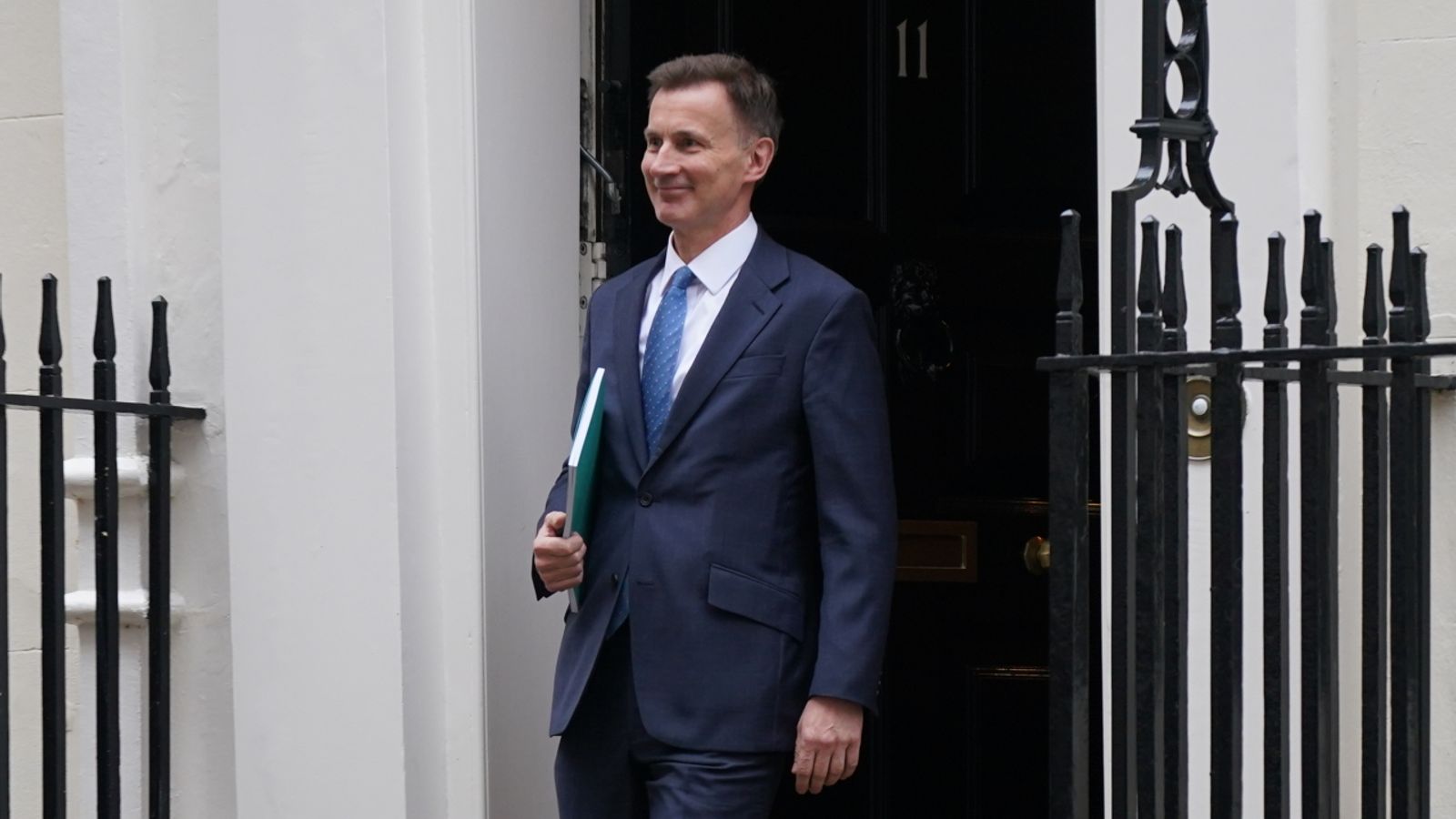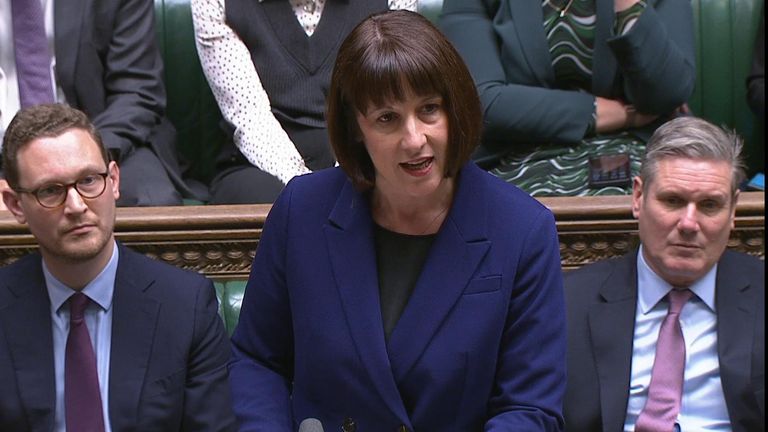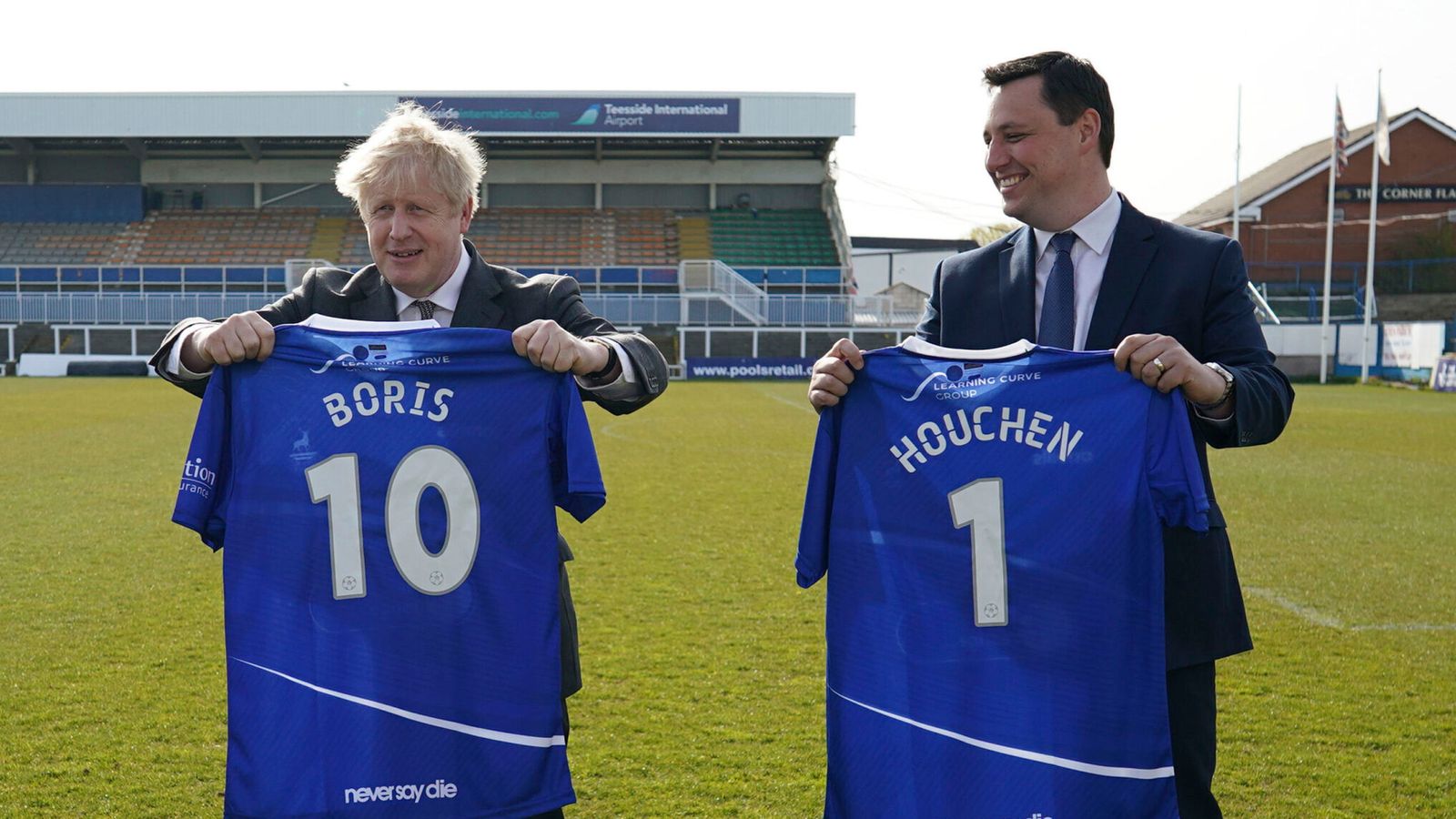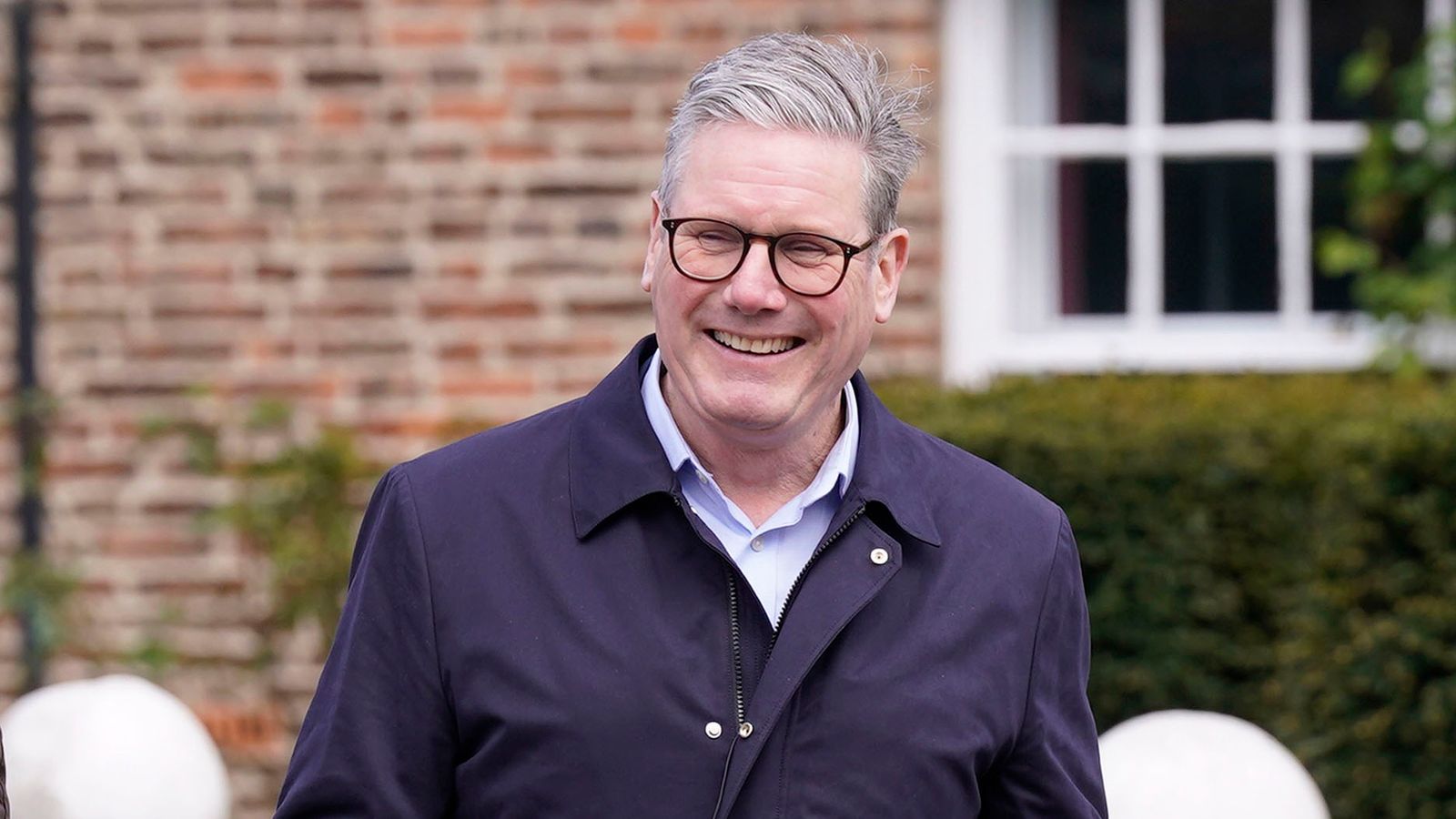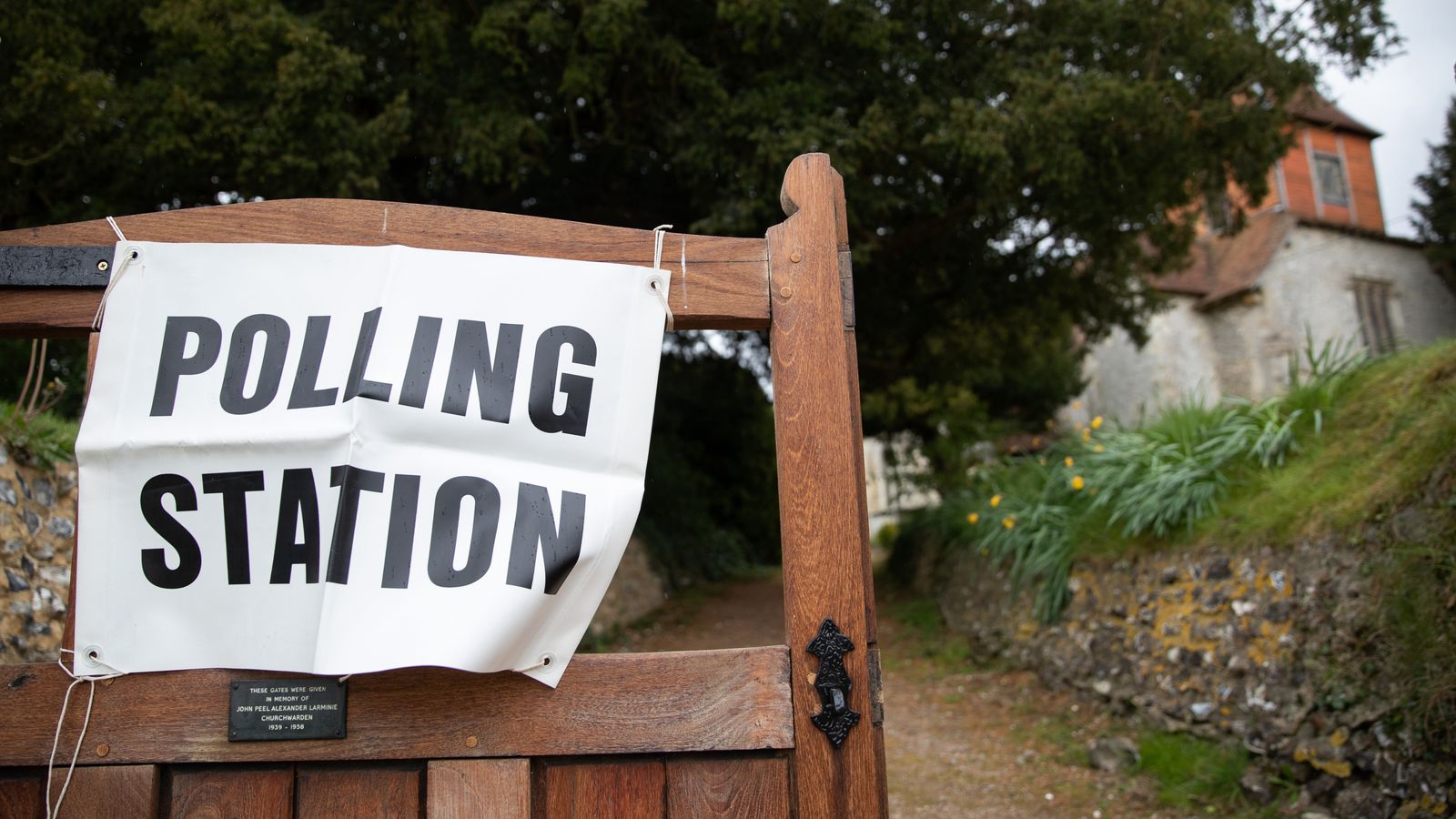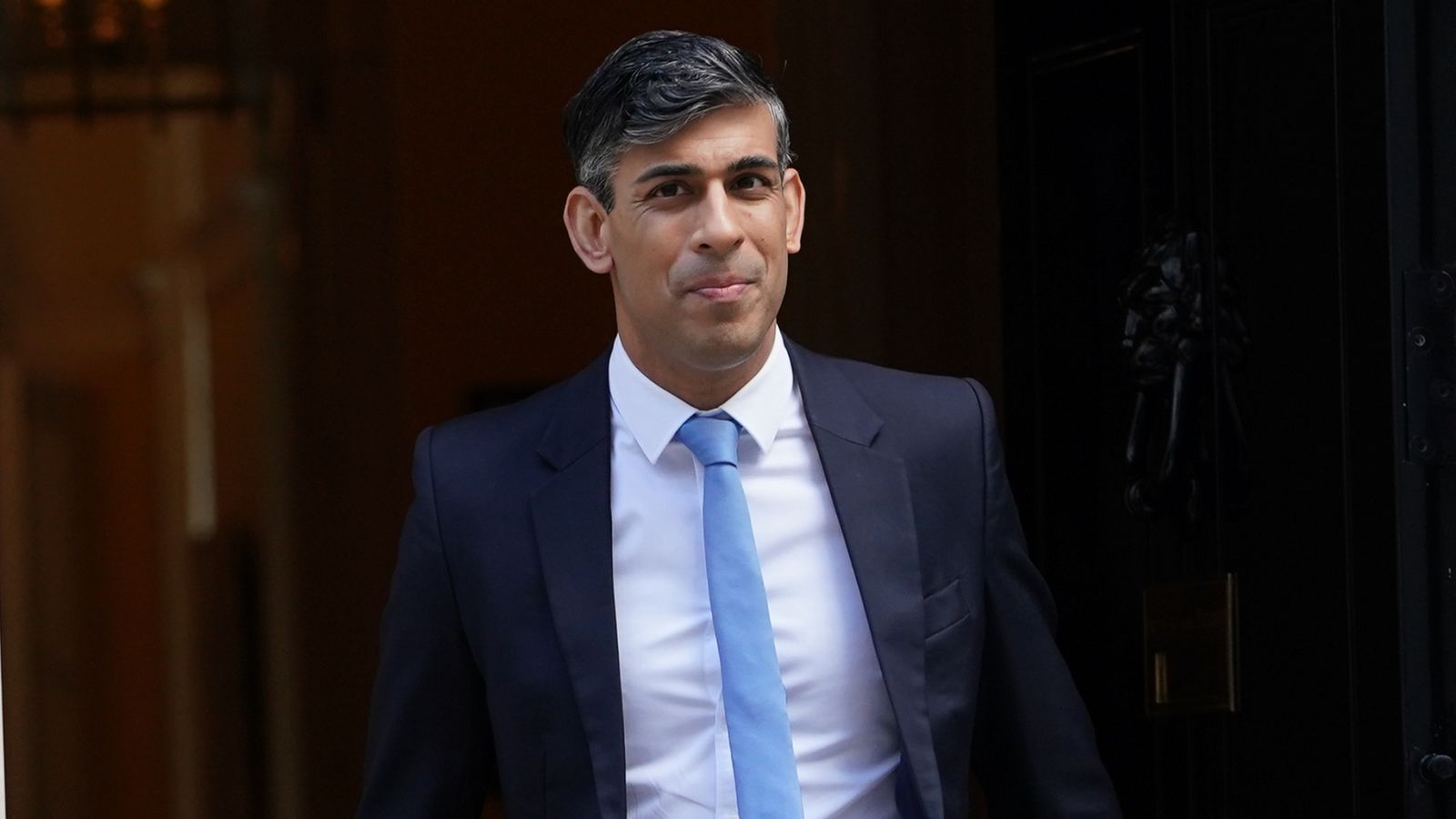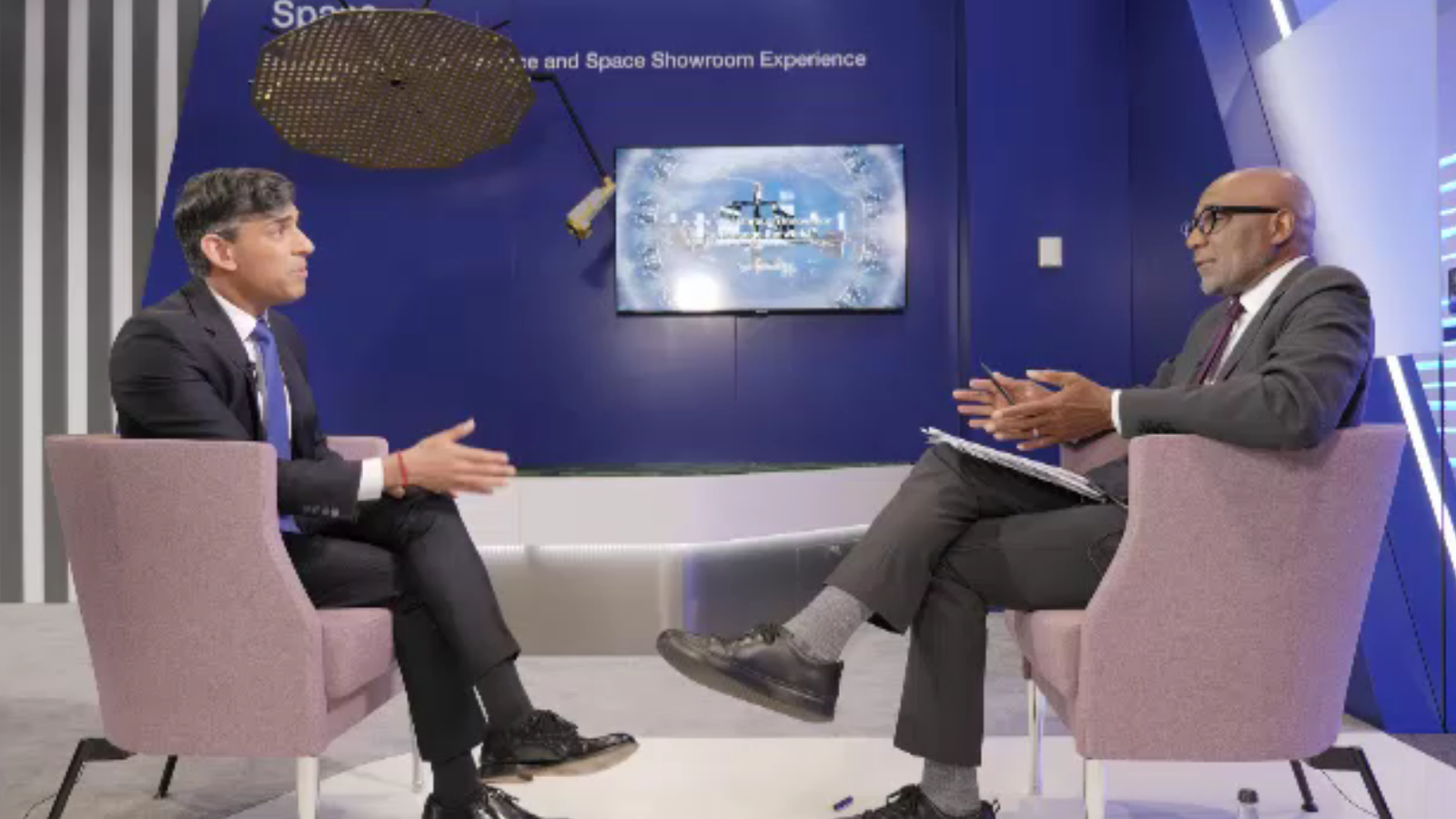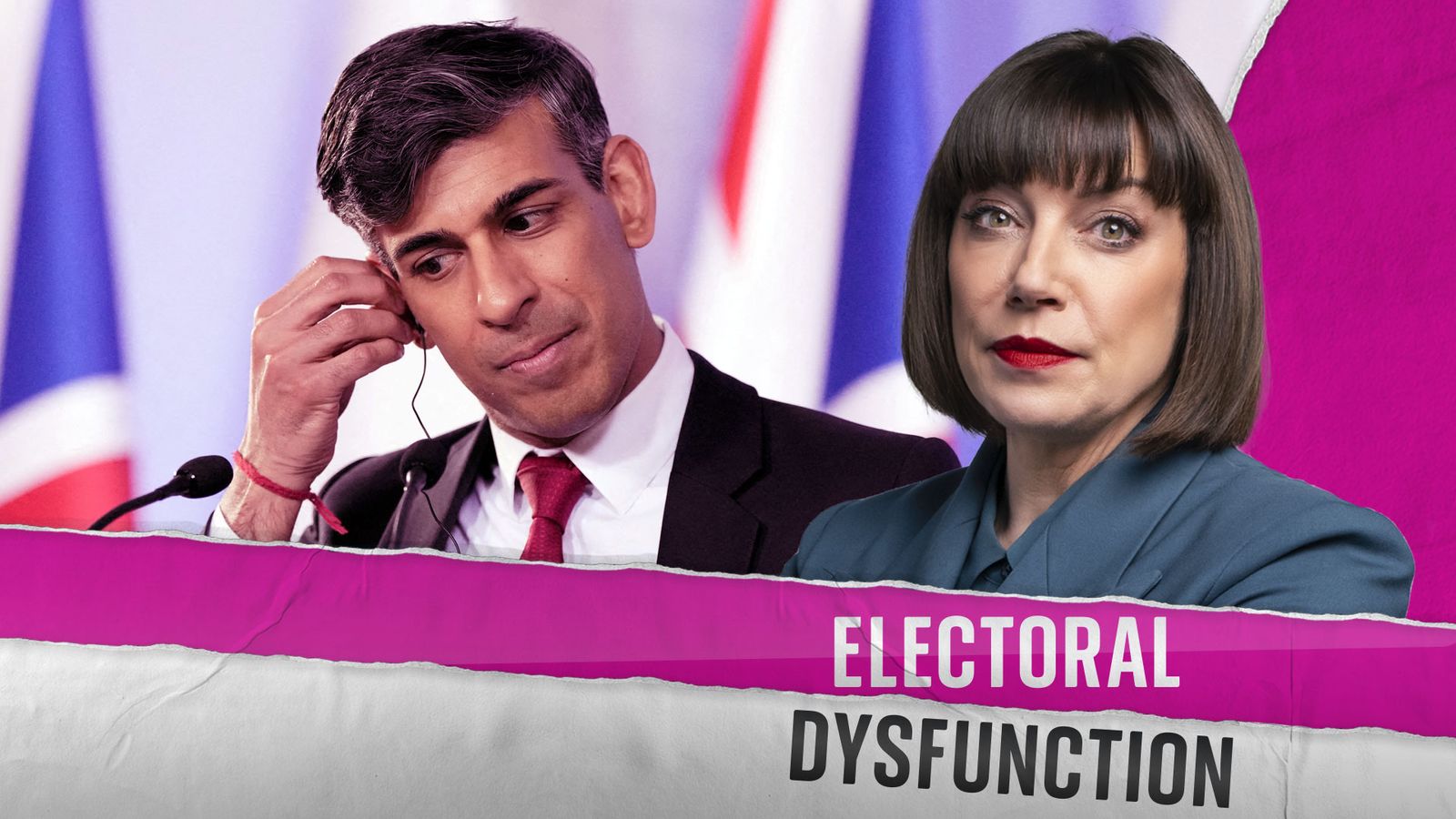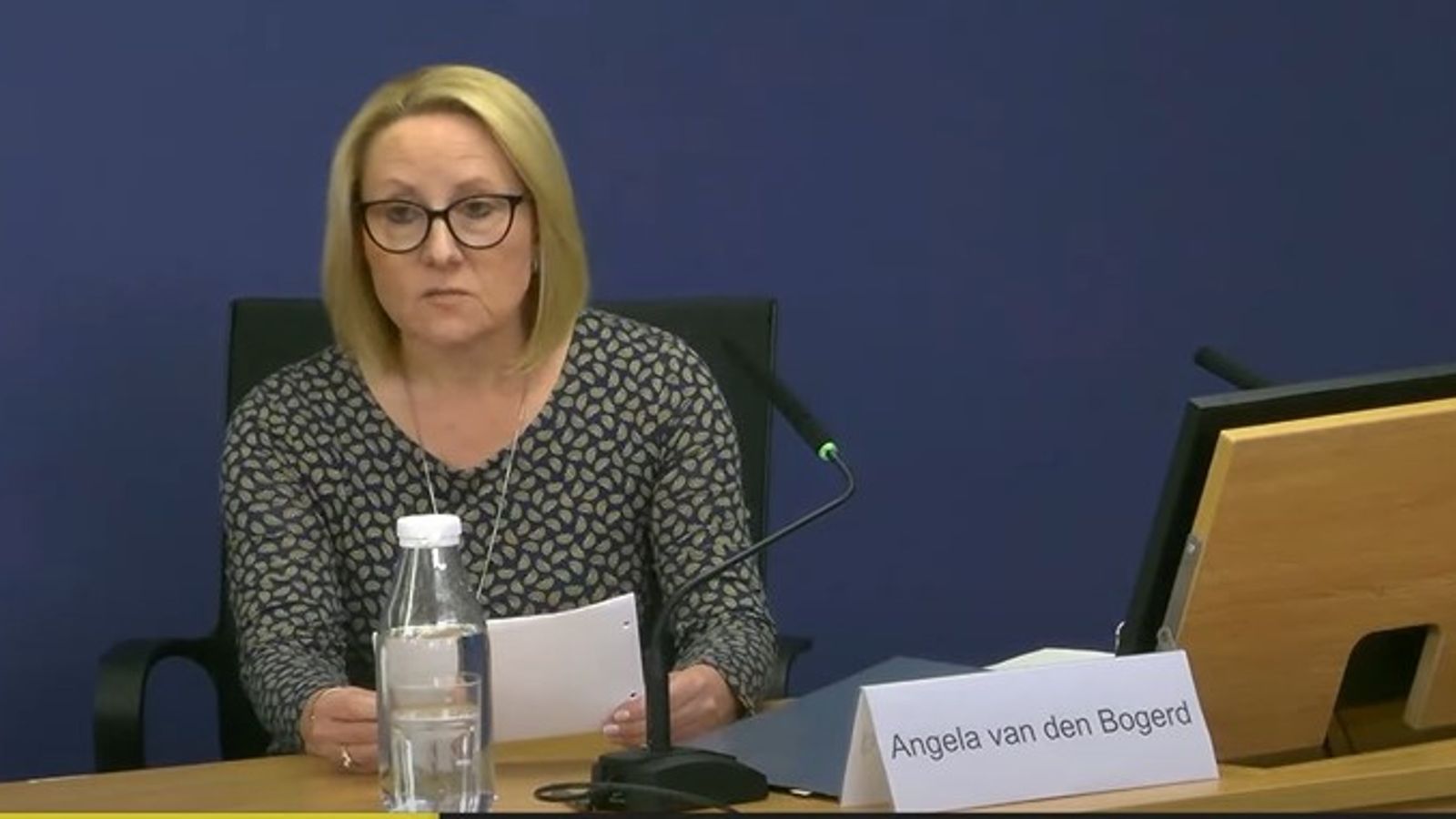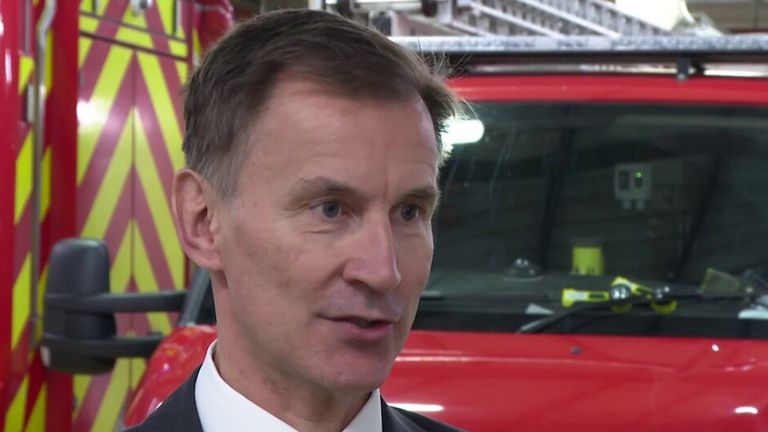
Jeremy Hunt has been accused of “demonising” disabled people after announcing sweeping welfare changes that will strip them of benefits if they don’t look for a job.
The chancellor said he wants to help the sick, disabled and long-term unemployed back into work under a £2.5bn plan aimed at tackling a current “waste of potential” in the population.
Delivering his autumn statement, Mr Hunt quoted post-pandemic figures of more than seven million adults of working age, excluding students, who are not employed, despite a million vacancies in the economy.
Politics live: Tax burden will still rise, forecasters say, despite national insurance cut
To tackle this, he said the work capability assessment will be reformed “to reflect greater flexibility and availability of home-working” to help people with health conditions and disabilities find jobs.
The tougher regime will mean welfare recipients who do not get a job within 18 months will have to do mandatory work experience, while those who don’t look for work for a six-month period will have benefits stopped.
“Every year we sign off over 100,000 people on to benefits with no requirement to look for work because of sickness or disability,” Mr Hunt told the Commons.
“That waste of potential is wrong economically and wrong morally.”
Read More:
Key announcements from the autumn statement at a glance
National insurance to be cut from 12% to 10%
But the SNP’s Drew Hendry said the changes show the “nasty party is back in business” adding: “This government is on the record as working to the principle of let people die.”
Charities also hit out at the plan with the Disability Benefits Consortium, a national coalition of more than 100 organisations, describing it as a “cynical attack on disability benefits (which) will have a devastating impact on those on the lowest incomes”.
Anastasia Berry, policy co-chair of the consortium, said just one in 10 jobs advertised this year has offered home-working as an option, and described access to health and care support, “which could keep people in work for longer, including mental health and social care”, as becoming “increasingly strained”.
United Response, a member of the consortium, said there is “little point forcing people into the wrong job as this will simply lead to a revolving door of staff” and called for “targeted and specialist support” for people “rather than using punitive punishments”.
‘Disability isn’t a lifestyle choice’
Its chief executive Tim Cooper said: “Disability should not be framed as a lifestyle choice when there is a real risk of sanctions pushing people already dealing with a cost of living crisis further into poverty this winter.”
James Taylor, from disability equality charity Scope, said Mr Hunt’s statement on the change was a “missed opportunity to set out how disabled people can thrive” and “instead, now many will be thinking how they will survive”.
He added: “Today the chancellor doubled down on a plan that will ramp up sanctions and demonises disabled people.”
The back-to-work plan had been long-trailed ahead of the autumn statement, with the Treasury announcing last week that free prescriptions and legal aid will be cut off for benefit claimants who are deemed fit to work and do not seek employment, while digital tools will be used to “track” attendance at job fairs and interviews.
Mr Hunt said the changes, which will see treatment rather than time off become the default when it comes to sick notes and benefits stopped altogether if people “choose not to engage with the work search process for six months”, will help
Shadow chancellor Rachel Reeves said while she agreed “people who can work should work”, there is a “wider problem” that needs addressing.
“Britain is the only country in the G7 where the employment rate still has not returned to pre-pandemic levels, with the increase of the number of people out of the workforce due to long-term health issues costing the taxpayer a staggering £15.7bn a year” she said.
She said a healthy nation “is critical to a healthy economy” and attacked the Conservatives for failing to bring down NHS waiting lists.
The welfare changes were one of several headline announcements in the statement.
Mr Hunt also announced a cut to the National Insurance from 12% to 10% from January 6, saving those on an average salary of £35,000 over £450 a year.
However, opposition MPs and economists point out that the nation’s tax burden will still be at a record high by the end of this decade.
Ms Reeves said prior tax increases and the freezing of tax thresholds amount to an effective 10% hike in National Insurance (NI) so the reduction announced today “will not remotely compensate”.
“The fact is that taxes will be higher at the next election than they were at the last,” she said.
“The British people won’t be taken for fools.
“They know that what has been announced today owes more to the cynicism of a party desperate to cling on to power than the real priorities of this high tax, low growth Conservative government.”

